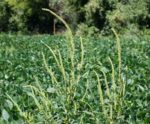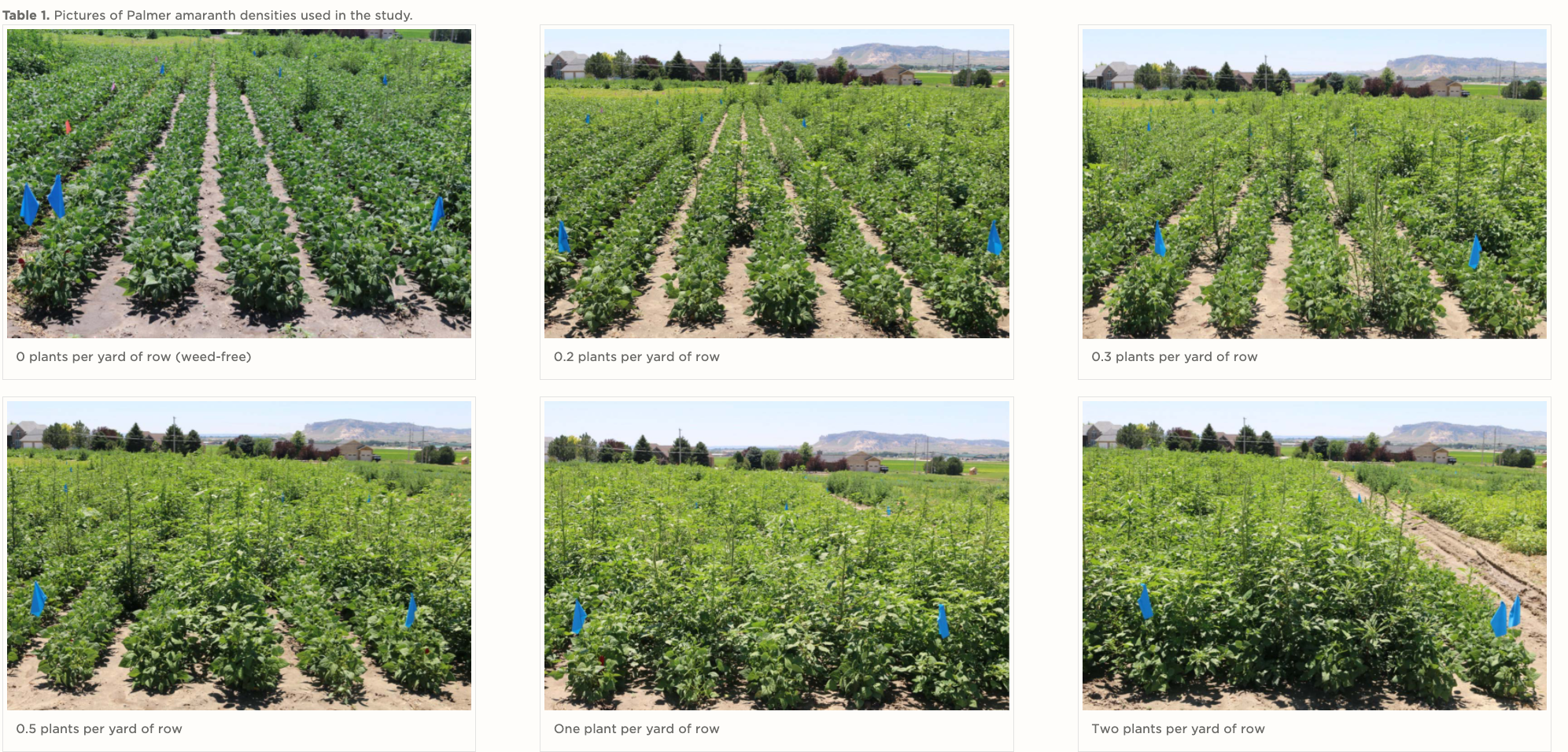Advertise Follow Us
Articles Tagged with ''Palmer amaranth''
Studies show grass cover crops reduce weed biomass by 68%, with covers reducing 65% of winter annual weeds & 46% of summer annual weeds.
Read More
CROP PROTECTION ROUNDUP 2021
Erratic Armyworm Outbreaks Require Careful Scouting
Many entomologists say armyworms typically move from weedy grasses and small-grain cover crops to damage nearby corn.
Read More













